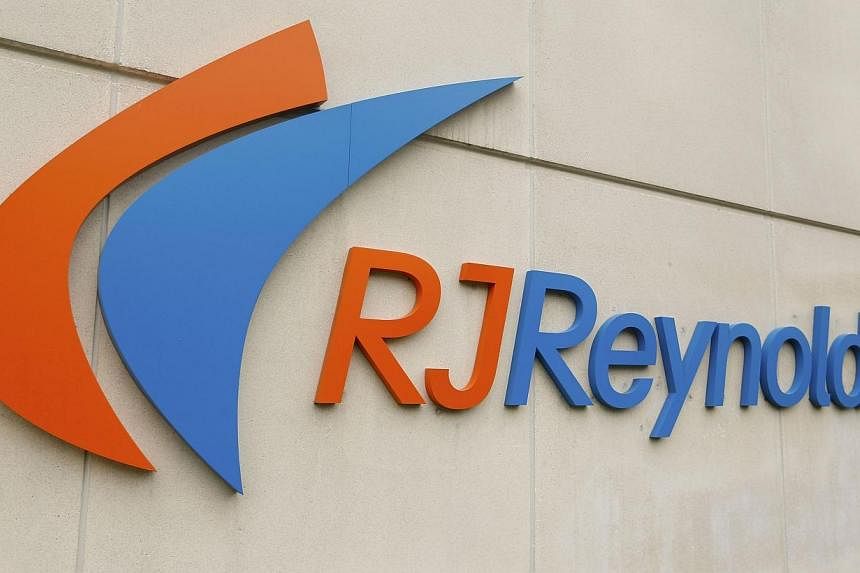ORLANDO, Florida (REUTERS) - A Florida jury has awarded the widow of a chain- smoker who died of lung cancer punitive damages of more than US$23 billion (S$28.5 billion) in her lawsuit against the R.J. Reynolds Tobacco Company, the United States' second-biggest cigarette maker.
The judgment, returned on Friday night, was the largest in Florida history in a wrongful death lawsuit filed by a single plaintiff, according to Mr Ryan Julison, a spokesman for the woman's lawyer.
Mrs Cynthia Robinson, of Pensacola, sued the cigarette maker in 2008 over the death of her husband, Michael Johnson.
Mr Johnson, a hotel shuttle-bus driver who died of lung cancer in 1996 at age 36, smoked one to three packs a day for more than 20 years, starting at age 13, lawyer Chris Chestnut said.
"He couldn't quit. He was smoking the day he died," Mr Chestnut told Reuters on Saturday.
After a four-week trial and 11 hours of jury deliberations, the jury returned a verdict granting the widow US$7.3 million and the couple's son US$9.6 million in compensatory damages.
The same jury deliberated for another seven hours before deciding to award Mrs Robinson the additional sum of $23.6 billion in punitive damages, according to the verdict forms.
Lawyers for the tobacco company, a unit of Reynolds American Inc, whose brands include Camel cigarettes, could not immediately be reached for comment.
But Mr J. Jeffery Raborn, vice-president and assistant general counsel for R.J. Reynolds, said in a statement quoted by the New York Times that the company planned to challenge "this runaway verdict".
Such industry appeals are often successful.
Mr Chestnut countered, "This wasn't a runaway jury, it was a courageous one."
Mrs Robinson's lawsuit originally was part of a large class-action litigation known as the "Engle case", filed in 1994 against tobacco companies.
A jury in that case returned a verdict in 2000 in favour of the plaintiffs, awarding US$145 billion in punitive damages, which at the time was the largest such judgment in US history.
That award, however, was tossed out in 2006 by the Florida Supreme Court, which decertified the class, agreeing with a lower court that the group was too disparate and each smoker smoked for different reasons.
But the court said the plaintiffs could file lawsuits individually. Mrs Robinson was one of them.
The Florida high court also let stand the jury's findings that cigarettes are defective, dangerous and cause disease, and that Big Tobacco was negligent, meaning those issues did not have to be re-litigated in future lawsuits.

